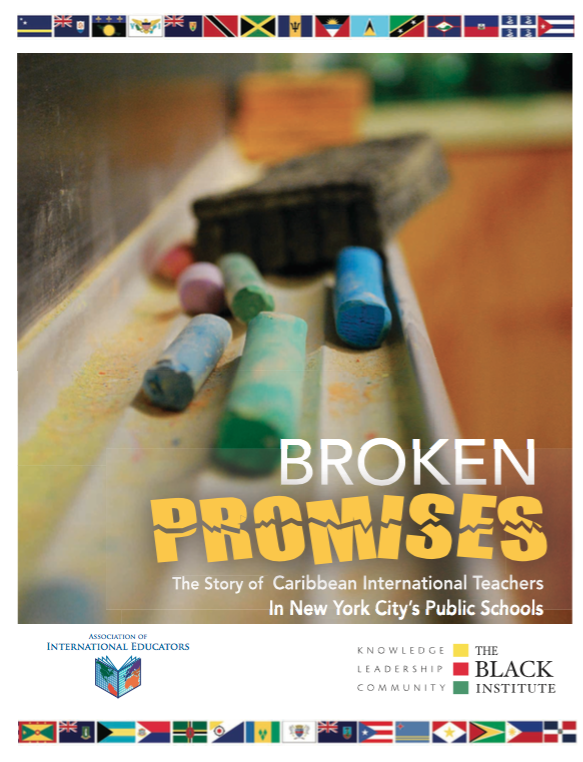Professor Kimberly Williams Brown’s research focuses on Afro-Caribbean women teachers who have come to the United States for various reasons: greater access to resources, professional development, and economic advancement, to name a few. These women teach in different school districts primarily in New York, North Carolina, and South Carolina. PWB has collected interview & survey data in 2016, 2021, and 2022 and works to pull out emerging themes across these different conversations and submissions. Some of these themes will be explored further in future papers and a book.

Together we are using MAXQDA to code transcripts from the teachers’ interviews and organize the data by theme. Some of these themes include: racial identity, effects on children and family, pedagogical style adjustments, and the documentation process. We are also developing a paper proposal for the American Educational Research Association (AERA) centered on the dissonance between the way administrators regard these teachers and the depth of care the teachers demonstrate for the craft of teaching and commitment to their students.
I took two classes with Professor Williams Brown during my first years at Vassar and am deeply interested in her research, critical pedagogy, and the authentic way she connects with students. While initially drawn to the Ford Scholars program because of PWB, the more I learn about her research, the more I realize how the experiences of transnational educators speak to far more than what takes place in a classroom. These Afro-Caribbean women discuss the complexities of the documentation process, the harrowing loneliness of leaving communities behind, and the pressure to make the most of an opportunity despite the challenges making life away from home difficult. I am grateful to read these narratives and gain a deeper understanding of race, gender, the U.S. educational system, and Afro-Caribbean teachers.
